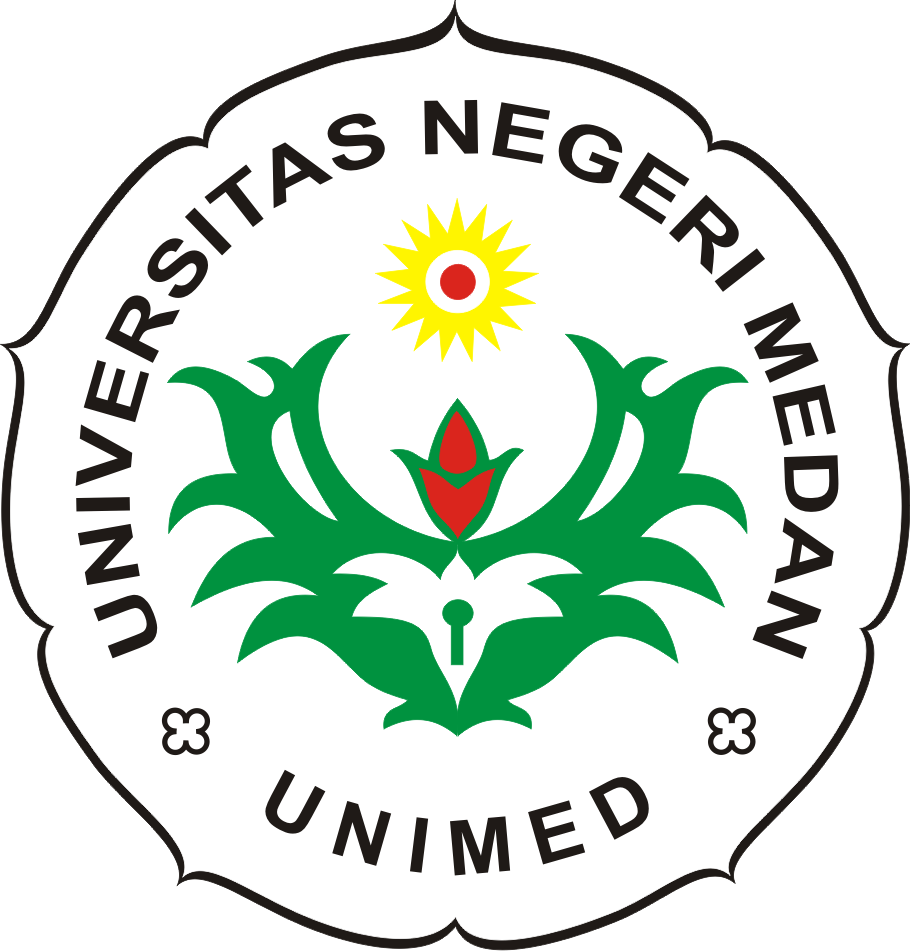THE EFFECT OF POW+TREE STRATEGY ON STUDENTS™ ABILITY IN WRITING HORTATORY EXPOSITION TEXT
DOI:
https://doi.org/10.24114/reg.v5i4.5364Abstract
This study deals with the effect of POW+TREE Strategy on students™ ability inwriting hortatory exposition text.. The problem of the study is to find out whetherPOW+TREE Strategy significantly affects students™ ability in writing hortatoryexposition text or not. This study was conducted by using experimental design.The population of the study was the students of eleventh grade of SMA Methodist8 Medan in the academic year 2015/2016, there were 3 parallel classes of gradeXI. There were two classes selected to be sample. The Experimental group (XIIPA-2) was taught by applying POW+TREE Strategy, while the Control group(XI IPA-3) was taught by applying conventional strategy. The data of the studywas obtained from the students™ scores of writing test. There were two kinds oftest used in this study. They were pre-test and post-test. The data were analyzedby applying t-test formula. After analyzing the data, the result of the study showedthat t-observed (2.338) was higher than t-table (1.994) (t-observed > t-table) at thelevel of significance of p=0.05 and the degree of freedom (df) = 68. It can beconcluded that applying POW+TREE strategy significantly affects students™ability in writing hortatory exposition text, or in other words, the null hypothesisis rejected , therefore the alternative hypothesis is accepted.Downloads
Published
Issue
Section
License
Authors who publish with this journal agree with the following terms:
- Authors retain copyright and grant the journal right of first publication with the work simultaneously licensed under a Creative Commons Attribution License that allows others to share the work with an acknowledgment of the work's authorship and initial publication in this journal.
- Authors are able to enter into separate, additional contractual arrangements for the non-exclusive distribution of the journal's published version of the work (e.g., post it to an institutional repository or publish it in a book), with an acknowledgement of its initial publication in this journal.
- Authors are permitted and encouraged to post their work online (e.g., in institutional repositories or on their website) prior to and during the submission process, as it can lead to productive exchanges, as well as earlier and greater citation of published work (See The Effect of Open Access).
- This work is licensed under a Creative Commons Attribution-ShareAlike 4.0 International License.






